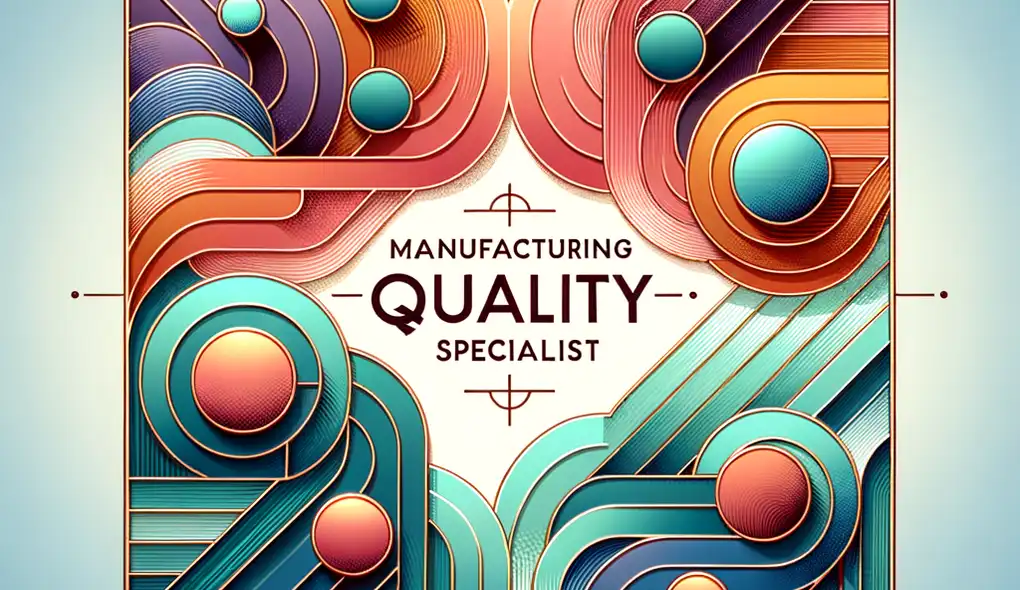How do you handle situations where there is resistance to change in implementing quality improvement initiatives?
Manufacturing Quality Specialist Interview Questions
Sample answer to the question
When there is resistance to change in implementing quality improvement initiatives, I believe it is important to first understand the reasons behind the resistance. I would reach out to the team members who are resistant and have open conversations to hear their concerns and perspectives. By actively listening and addressing their concerns, I can build trust and create a supportive environment. I would also emphasize the benefits of the quality improvement initiatives and how they can positively impact our work and outcomes. Additionally, I would provide training and resources to help team members adapt to the changes and demonstrate the value of the initiatives through tangible results.
A more solid answer
In handling resistance to change in implementing quality improvement initiatives, I have found it effective to first analyze the reasons behind the resistance. This may involve reviewing quality data to identify any patterns or trends that could be influencing the resistance. Once the root causes are identified, I would then communicate with the team members who are resistant, having open and honest conversations to understand their concerns and perspectives. I would use my analytical skills to present data and evidence that supports the need for the quality improvement initiatives. Additionally, I would leverage my knowledge of quality control methodologies to address any misconceptions or uncertainties that team members may have. I would also focus on building a collaborative and supportive environment by actively involving team members in the change process, seeking their input and feedback, and empowering them to contribute to the implementation of the initiatives.
Why this is a more solid answer:
The solid answer provides specific examples of using analytical skills and knowledge of quality control to address resistance to change. It also emphasizes the importance of communication and teamwork in addressing concerns and involving team members in the change process. However, it could still be improved by including more details about the specific steps taken to analyze the reasons behind the resistance and address them.
An exceptional answer
When faced with resistance to change in implementing quality improvement initiatives, I take a structured and proactive approach to address the concerns and facilitate a smooth transition. First, I conduct a thorough analysis of the current processes and quality data to identify areas for improvement and establish a strong foundation for change. I then develop a comprehensive communication plan to engage all stakeholders and ensure clear understanding of the benefits and goals of the initiatives. This includes tailored messages and presentations that highlight the positive impact on quality, efficiency, and customer satisfaction. To address individual resistance, I invest time in one-on-one conversations with key team members, actively listening to their concerns and providing transparent explanations. I draw on my problem-solving abilities to identify creative solutions that address their specific challenges and alleviate any fears or uncertainties. Additionally, I create opportunities for collaboration and involvement, such as forming cross-functional teams and providing training and resources to build skills and confidence. By consistently monitoring and evaluating the progress and outcomes, I am able to make data-driven adjustments and reinforce the value of the quality improvement initiatives.
Why this is an exceptional answer:
The exceptional answer provides a structured and proactive approach to addressing resistance to change. It includes specific steps such as conducting a thorough analysis, developing a comprehensive communication plan, and investing in one-on-one conversations. It also emphasizes the use of problem-solving abilities and data-driven decision making. Overall, the answer demonstrates a strong understanding of the job requirements and the skills and qualities needed as a Manufacturing Quality Specialist.
How to prepare for this question
- Familiarize yourself with quality assurance methodologies and processes, as well as industry-related quality standards and regulations.
- Develop strong analytical and problem-solving skills to effectively analyze quality data and identify areas for improvement.
- Hone your communication skills to effectively communicate the benefits and goals of quality improvement initiatives, and to address concerns and build trust.
- Build experience in working independently and in a team environment, as the role of a Manufacturing Quality Specialist requires both.
- Stay updated on the latest tools and technologies related to quality inspection and control.
What interviewers are evaluating
- Communication skills
- Problem-solving abilities
- Ability to work independently and in a team environment
Related Interview Questions
More questions for Manufacturing Quality Specialist interviews